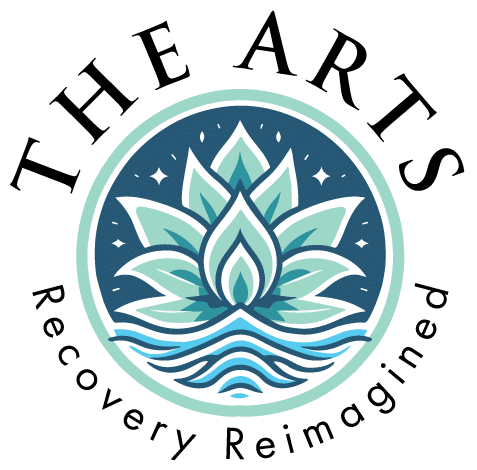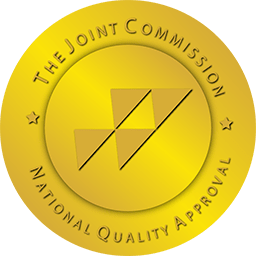Alcohol is a widely available and socially acceptable substance, but it has a potential for addiction that can lead to devastating consequences for the individual and their loved ones.
Keep reading to learn more about the causes of alcoholism, common alcohol addiction symptoms, and how to get help.
What is Alcoholism?
Alcoholism or Alcohol Use Disorder (AUD) is a pattern of alcohol use that results in significant impairment or distress, such as health problems and failure to meet obligations at school, work, or home.
Alcoholism’s severity depends on the symptoms present and the level of interference they cause.
Alcoholism Statistics
According to research, about 14.5 million adults in the United States aged 18 and older had alcohol use disorder (AUD) in 2019.
It is essential to recognize the signs of alcoholism to identify the problem early on and seek professional help.
What Causes Alcoholism?
The exact cause of alcoholism is unknown, but several factors may contribute to developing an alcohol use disorder.
These include biological and environmental factors such as genetics, peer pressure, upbringing, mental health issues, and stress.
People that have a family history of substance abuse or addiction are more likely to develop an alcohol use disorder.
Those who grow up in an environment where alcohol is abused or readily available are also at increased risk of alcoholism.
Alcoholism and Co-Occurring Mental Health Disorders
Research suggests that many people with alcohol use disorder suffer from co-occurring mental health disorders such as depression, anxiety, or bipolar disorder.
People struggling with alcohol addiction often use the substance to cope with difficult emotions or situations. They may not be aware that their drinking is a symptom of an underlying mental health issue.
Keep in mind that alcoholism can worsen the symptoms of any pre-existing mental health disorders and can even lead to the development of new ones.
It is crucial to seek professional help when dealing with an alcohol use disorder to address co-occurring mental health issues.
What are the Warning Signs of Alcohol Addiction?
Here are some signs that show a person may struggle with alcoholism:
Tolerance
A person who drinks excessively for an extended period develops tolerance, meaning that they need more alcohol to experience the same effects as before.
This can lead to a vicious cycle of drinking more to feel the buzz, leading to more tolerance.
Withdrawal Symptoms
After prolonged alcohol abuse, a person may experience alcohol withdrawal symptoms such as:
- Anxiety
- Irritability
- Tremors
- Sweating
- Nausea
- Seizures
These physical symptoms show that the body has become dependent on alcohol.
Drinking Alone
A person who drinks alone or secretly may hide the extent of their drinking problem.
They may feel embarrassed about their alcohol consumption and try to conceal it from friends and family.
Neglecting Responsibilities
Alcoholism can take a toll on a person’s professional and personal life.
A person struggling with alcoholism may neglect their work, school, or family responsibilities.
They may also not keep up with bills and other financial obligations.
Blackouts
A person who experiences blackouts or memory loss after drinking may have a drinking problem.
Excessive alcohol consumption can impair the brain’s ability to create and store memories, leading to gaps in a person’s memory or a complete blackout of the events of the night before.
Needing Alcohol to Function
A person who feels they need alcohol to cope with daily stress, anxiety, or other emotional issues may struggle with alcoholism.
Alcohol may become a crutch for dealing with life’s challenges; without it, they may feel emotionally unstable or unable to function.
Continued Drinking Despite Negative Consequences
A person struggling with alcoholism will continue to drink despite the negative consequences.
They may experience relationship, legal, health, or financial problems because of their alcohol use, but they will continue to drink despite the harm it is causing them.
What Are the Types of Alcohol Treatment?
If you or someone you know is showing these signs of alcoholism, it is essential to seek professional help.
Treatment options for alcoholism often include a combination of medical detox, behavioral therapy, and therapies like group or family therapy.
Detox
Detox helps the body rid itself of alcohol and its toxins.
During this process, a person may experience uncomfortable withdrawal symptoms that can be managed with medication and other treatments.
Behavioral Therapy
Cognitive-behavioral therapy (CBT) helps teach those struggling with AUD how to cope with their triggers, change their behaviors around drinking, and develop healthier habits.
Medication
Medications such as acamprosate, naltrexone, and disulfiram can help reduce cravings and prevent relapse.
Support Groups
Support groups like SMART Recovery or Alcoholics Anonymous (AA) provide a safe place for people to share their experiences and get support from others who are going through the same struggles.
Inpatient Rehab
Inpatient rehab centers provide a comprehensive treatment plan that includes medical, psychological, and social components.
This type of treatment is often the most effective way to overcome AUD.
Outpatient Rehab
Outpatient rehab involves weekly visits to a facility where treatment programs are tailored to the individual’s needs.
Absolute Recovery Therapeutic Solutions Treats Alcoholism in California
Alcoholism is a severe problem that can have a devastating impact on a person’s life. Early intervention is critical to recovery.
At Absolute Recovery Therapeutic Solutions (ARTS IOP), we provide comprehensive treatment plans tailored to each client’s needs.
Our evidence-based therapies help individuals with AUD develop healthier coping mechanisms and behaviors to lead a happy and fulfilling life free from alcohol dependency. Contact us today to learn more about our programs for alcoholism in California!





